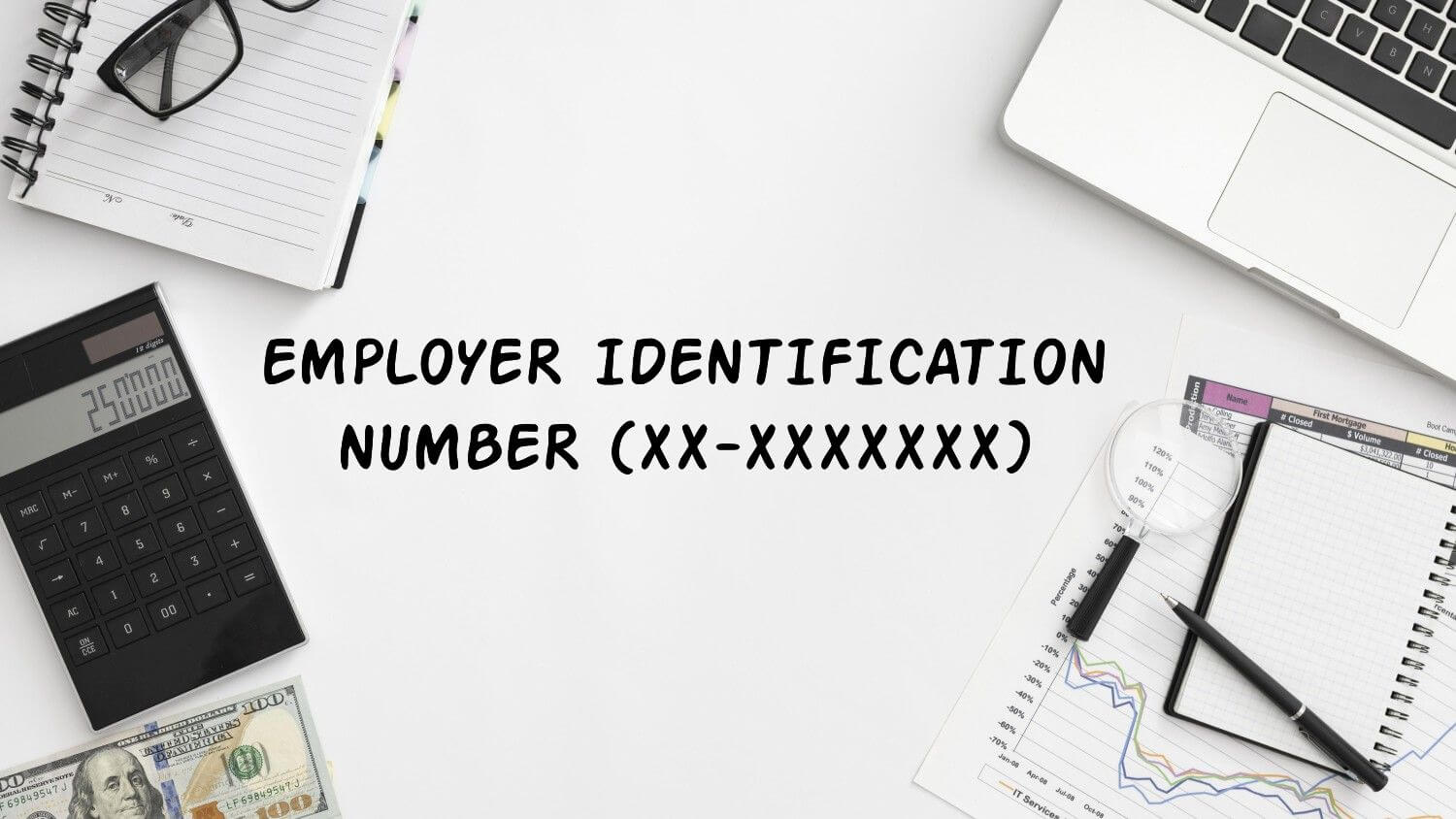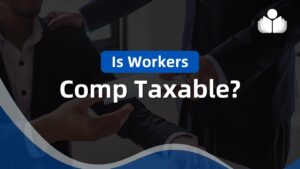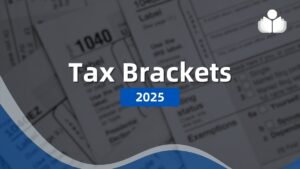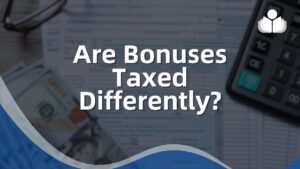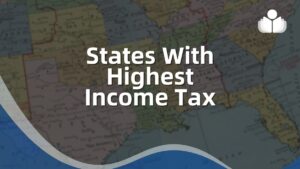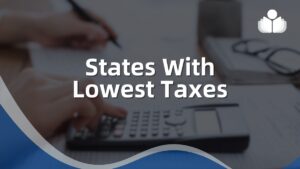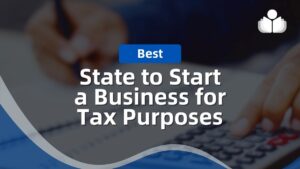An employer identification number, or EIN, is like a Social Security number (SSN) for your company. It’s a unique nine-digit number the IRS uses to identify businesses for tax reporting purposes. Continue reading our What is an EIN Number guide to learn if your business needs one and how to apply online, by fax, telephone, or mail.
What is an EIN Number
The term EIN is a unique identifier the Internal Revenue Service (IRS) assigns to a business entity for tax purposes. An EIN number consists of nine digits and is formatted as XX-XXXXXXX. Businesses can apply for an EIN directly through the IRS, which typically issues them immediately.
In addition to using an EIN to report taxes, you can also use an EIN to open bank accounts and apply for credit. You can apply for an EIN for your business at no cost with an application on the IRS website.
What Is an EIN Number for a Business?
Every business that meets a few specific criteria must have an EIN before it can start operating. As mentioned above, employer identification numbers are provided to identify businesses in the United States in the same way the SSNs are used to pinpoint individual residents.
Also known as a Federal Tax Identification Number (TIN), EINs include information about the state where you register your business. Moreover, the IRS uses EINs to identify taxpayers that must file various business tax returns.
You must have an employee identification number if you operate as a corporation or partnership, withhold taxes from income other than wages, file certain tax reports, or have employees.
The following business entities can apply for and receive EINs:
- Corporations
- S corporations
- Limited liability companies (LLCs)
- Partnerships
- Sole proprietorships
- Non-profit organizations (NPOs)
- Government Agencies
- Trusts
- Estates
Furthermore, the IRS doesn’t distinguish between different-sized companies. This means even companies with one employee are eligible for an employer identification number as multinational corporations.
It’s also important to note that EINs are not considered to be confidential and sensitive information like an SSN. Instead, an EIN is freely dispersed by businesses online and through print publications.
Do I Need an EIN Number?
The IRS requires companies to acquire an EIN if certain criteria are met for tax reporting purposes. Every company must file for and obtain an EIN if the company:
- Operates as a corporation or partnership
- Has any number of employees
- Files excise, alcohol, tobacco, firearms, or employment tax returns
- Has Keogh plan
- Is involved with a number of types of organizations, including but not limited to estates, non-profits, or trusts.
On top of this, businesses that modify their ownership structure generally must apply for a new EIN. For instance, sole proprietors that want to incorporate their company must apply for a new EIN number.
For help with business formation, visit our guide on the best business registration services. You can use services like IncFile, LegalZoom, and ZenBusiness to appoint registered agents and find out what type of business licenses your company needs.
How to Get an EIN Number?
Filing for and receiving an EIN number is completely free. You can apply by phone, mail, or online. In addition, the application process is very straightforward and easy.
To apply, you must fill out Form SS-4: Application for Employer Identification Number, which you can find on the IRS website.
You will need to provide the following information to obtain your EIN number:
- Name of the company’s principal officer, trustor, partner, owner, or any other title
- The person’s taxpayer identification number
Some additional information you must include in your application form are:
- The type of entity
- The reasons for applying (e.g., change of organization, new business, IRS withholding requirement compliances)
- The start date or acquisition date
- The principal industry of your business
As you can see, the application form doesn’t ask for an overwhelming amount of information. We recommend applying online because your EIN is issued immediately after verifying the information. However, the business must be located in the US or US territories to apply for an EIN online.
If you choose to apply by fax, the IRS typically sends a fax with your EIN within four business days.
On the other hand, international applicants can apply by telephone by calling 267-941-1099 (not a toll-free number) from 6 a.m. to 11 p.m. Eastern time, Monday through Friday. The person who calls must be authorized to receive the EIN and answer questions related to Form SS-4, Application for Employer Identification Number.
Benefits of an EIN Number
The primary benefit of obtaining an EIN is being able to begin business operations. This means that you can’t run your business without one.
Luckily, you only need to apply one time per business. EINs are unique for every business to which they are assigned. Furthermore, EINs never expire, and the same number is never given to another business entity.
Without an EIN, your business cannot:
- Hire and pay employees
- Open bank accounts
- Obtain credit
- Invest surplus cash
- Maintain corporate shields
- File business taxes and registered state taxes
Obtaining an EIN also lets you separate your personal finances from your business ones. This allows you to protect your personal information from identity theft.
In addition, self-employed individuals such as subcontractors are usually required to get an EIN, which the primary contractor uses to report to the IRS all business income paid to the subcontractor.
How to Close an EIN Number
Once you receive your EIN, that number is associated with you and your company forever. The EIN is permanently associated with your entity, and the IRS cannot technically ever cancel an EIN.
This is because your EIN is a crucial part of required financial reporting. Even if your business entity never files a return, the EIN is still associated with it.
However, if you want to close your EIN number because you discover it’s not needed, the IRS can close your associated business account. This is typically the case for startup companies that never launch.
You must mail a physical letter to the IRS with your legal name, business address, EIN number, and reason for closing the account. Although your EIN number remains, the IRS business account will be closed.
EIN Number vs TIN Number
A Tax Identification Number (TIN) is a wide-ranging term used to describe any kind of identification number. It’s a broad descriptor for an assortment of different numbers used on a tax form. As such, an EIN is a specific form of TIN.
Different types of TIN numbers include:
- EIN
- SSN
- ITIN (Individual Taxpayer Identification Number)
- PTIN (Preparer Taxpayer Identification Number)
- ATIN (Adoption Taxpayer Identification Number)
Depending on the type of specific taxpayer, the EIN may or may not be the TIN used by the Internal Revenue Service. For example, sole proprietors often use their Social Security number as their TIN. Conversely, corporations and partnerships typically use their EIN as their TIN.
What is an EIN Number Frequently Asked Questions (FAQs)
Before you visit the IRS website and apply for your EIN, there are a few things you should know about what an EIN is. Let’s discuss a few common questions we receive about employer identification numbers.
Bottom Line on What is an EIN Number
Businesses need an EIN number to open a bank account, pay federal taxes online, file annual tax returns, and issue payroll and tax documents to suppliers. Therefore, an EIN number has less to do with employees and more to do with tax reporting purposes. So if your business pays taxes, you need an EIN to begin operating.
 Sections of this topic
Sections of this topic
